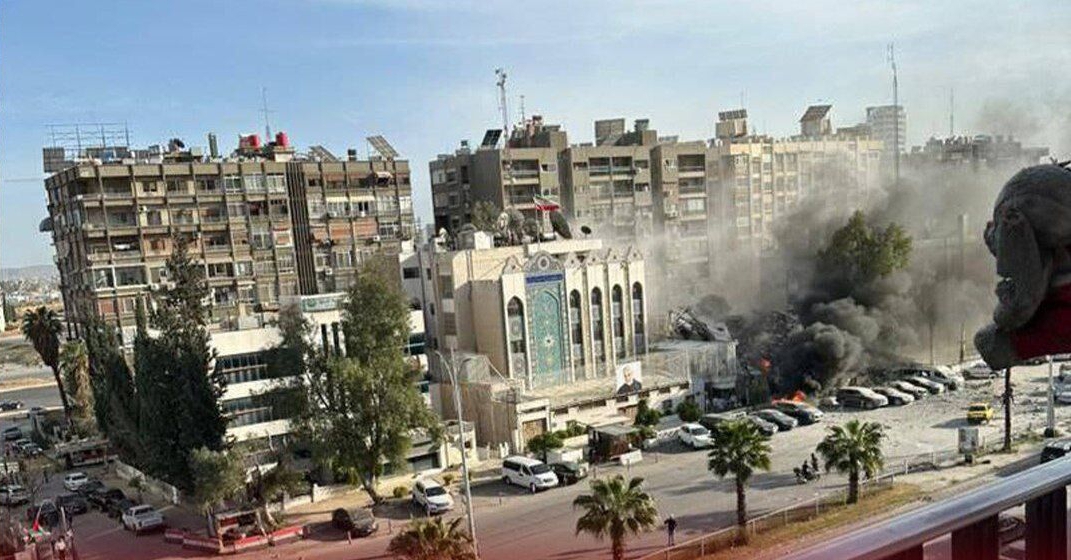
By Daniel Robinson*
In the aftermath of recent events, particularly the Israeli strike which significantly escalated tensions, Iran finds itself at a critical juncture, forced to carefully calibrate its response. Observers and experts alike weigh in on the intricate dynamics unfolding, highlighting the delicate balance Iran must strike between demonstrating responsiveness without veering into full-scale confrontation.
“They have faced this real dilemma that if they respond they could be courting a confrontation which they don’t want,” one analyst observed. This sentiment underscores Iran’s cautious approach, seeking to avoid escalation while still signaling its ability to defend its interests.
The potential consequences of Iran’s response loom large, with various scenarios being contemplated. A U.S. official suggests that Iran may opt to target Israeli interests rather than directly confront U.S. troops, recognizing the significance of the Israeli strike. This strategic choice reflects Iran’s desire to avoid entangling itself in broader conflicts while still asserting its capabilities.
Elliott Abrams, a noted Middle East expert, echoes this perspective, emphasizing Iran’s reluctance to engage in a full-scale war with Israel. Instead, he suggests that Iran may resort to alternative means, such as targeting Israeli embassies or accelerating its nuclear program.
The latter option presents a particularly fraught decision for Iran. Since the U.S. withdrawal from the Iran nuclear deal in 2018, Tehran has steadily ramped up its nuclear activities. However, the prospect of further escalation, including enriching uranium to weapons-grade levels or pursuing weaponization, carries significant risks. Not only could such actions invite retaliatory strikes from Israel or the U.S., but they also risk exacerbating regional tensions and international condemnation.
The complexity of Iran’s predicament is not lost on analysts, who recognize the tightrope Tehran must walk. “Either one of those would be viewed by Israel and by the U.S. as a decision to acquire a bomb,” notes one source closely monitoring the situation. This underscores the high-stakes nature of Iran’s decision-making process and the potential ramifications of any escalation.
Jon Alterman, director of the Middle East program at a prominent Washington think tank, offers further insight into Iran’s strategic calculus. He suggests that Iran’s primary objective may be to signal strength to its allies in the region, rather than directly challenge Israel. This nuanced interpretation underscores the multifaceted nature of Iran’s response strategy, which seeks to balance internal and external considerations.
As tensions continue to simmer and the specter of escalation looms, Iran finds itself navigating a precarious path. The choices it makes in the coming days and weeks will not only shape its relations with Israel and the broader Middle East but also have far-reaching implications for regional stability and global security. In this complex geopolitical landscape, Iran’s ability to tread carefully while still asserting its interests will be closely scrutinized, with the world watching intently for signs of escalation or de-escalation.
*Daniel’s role as a contributor goes beyond informative articles; it is a commitment to elevating our readers’ awareness of national security, government functions, country intelligence, military affairs, and intelligence operations. His dedication to precision and accuracy is reflected in the quality of his work.
The International Studies of Strategic and Geopolitics (ISSG) is a not-for-profit policy research organization dedicated to studying the world’s greatest challenges.
